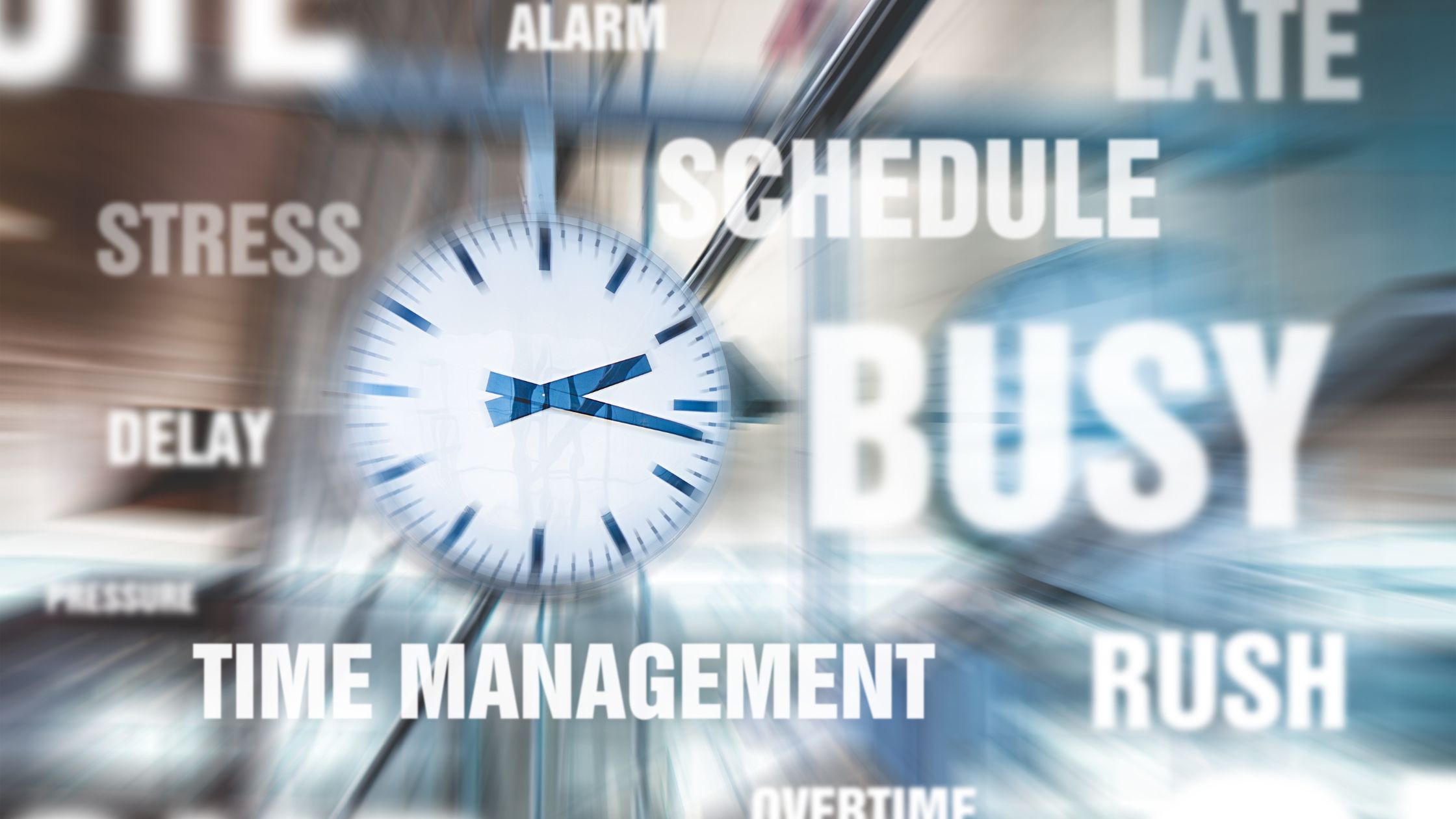How to reframe stress and make it your friend?
Deadlines?
Tough decisions?
A team relying on you?
Hell, a lot of pressure, right?
Enough to make you crawl under your desk. But hold on!!
That pressure, that stress? It can be your secret weapon!!
The key is how you manage or reframe this stress.
“Stop thinking of it as your enemy.”
Think of it like your body’s gym buddy.
When you’re about to lift a heavy weight (think: deadline looming), your body sends you a signal to get pumped (–> stress response). ️
The problem is, Sometimes, we forget our gym bag (aka healthy coping mechanisms).
So, instead of staying focused and organized
You’re left feeling stressed and exhausted.
Here’s what you should do: Reframe your stress!
Instead of seeing it as an enemy, view it as a signal to step up your game.
Take a deep breath, go for a walk, or do some quick stretches.
These simple actions help your body channel that stress energy into action, not anxiety.
So next time you feel the stress lurking around, Remember: it’s just your body trying to be a good gym buddy.
Just reframe your stress and show that stress who’s boss!
Ready for the challenge??
Let’s turn into it into a Positive Force!
Turning stress into a positive force in your life involves several strategies. Here’s how you can make stress your friend:
- Reframe Your Mindset: Positive Interpretation: View stress as a sign that you care about something and that your body is getting ready to tackle challenges.
- Opportunity for Growth: See stressful situations as opportunities to learn and grow rather than threats.
- Change Your Response: Relaxation Techniques: Practice deep breathing, meditation, or progressive muscle relaxation to manage your physiological response to stress.
- Mindfulness: Stay present and fully engaged in the moment, reducing anxiety about past or future events.
- Develop a Growth Mindset: Embrace Challenges: View challenges as chances to improve your skills and abilities.
- Learn from Failure: See failures as valuable lessons and stepping stones to success.
- Build Resilience: Healthy Lifestyle: Maintain a balanced diet, regular exercise, and adequate sleep to build physical resilience.
- Social Support: Foster strong relationships with friends, family, and colleagues to create a support network.
- Use Stress as a Motivator: Goal Setting: Set clear, achievable goals to channel your stress into motivation and focus.
- Problem-Solving: Approach stressful situations with a problem-solving attitude, breaking down tasks into manageable steps.
- Practice Self-Compassion: Be Kind to Yourself: Treat yourself with the same kindness and understanding as you would a friend.
- Acknowledge Your Efforts: Recognize and celebrate your efforts and achievements, no matter how small.
- Stay Organised: Time Management: Prioritise tasks and manage your time effectively to reduce feelings of overwhelm.
- Declutter: Keep your physical and mental space organized to promote a sense of control and clarity.
- Develop Coping Strategies: Hobbies and Interests: Engage in activities that you enjoy and that help you relax and recharge.
- Professional Help: Seek support from a therapist, coach or counselor if stress becomes overwhelming.
Practical Steps!
- Daily Reflection: Spend a few minutes each day reflecting on what caused you stress and how you handled it. Consider what worked well and what could be improved.
- Gratitude Journal: Keep a gratitude journal to focus on positive aspects of your life, helping to shift your perspective from stress to appreciation.
- Stress Diary: Maintain a stress diary to identify patterns and triggers, allowing you to develop targeted strategies for managing stress.
By adopting these approaches, you can transform stress from a potentially harmful force into a beneficial one, using it to enhance your performance, personal growth, and overall well-being.
Kelly McGonigal, health psychologist and lecturer at Stanford University, shares inspiring new research showing that stress may only negatively affect your health if you believe it will. Learn strategies for stress reduction by reframing how you view stress and making stress your friend. You can reframe by turning it from a negative into a positive and using it to build resilience and connection to others.
